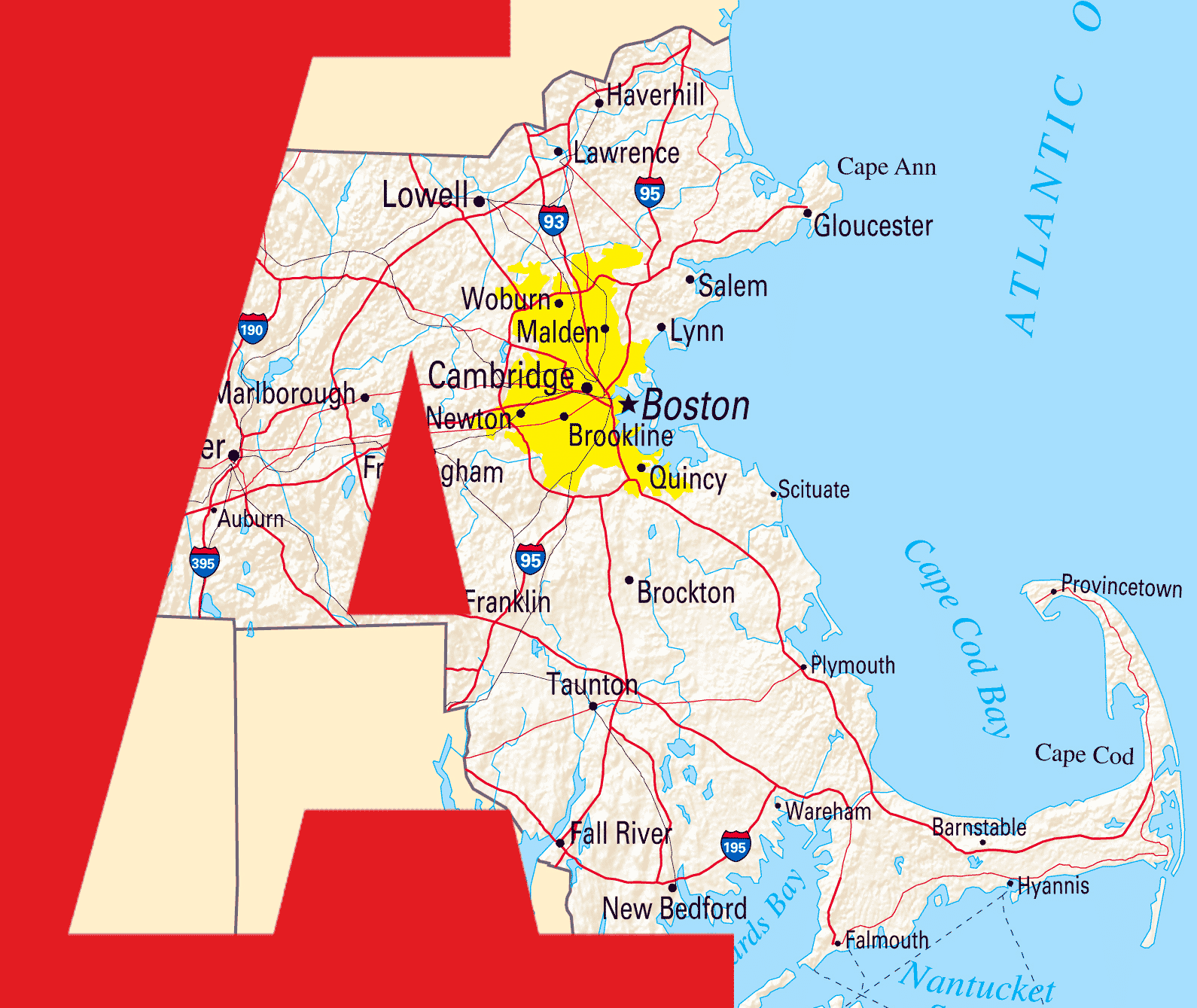 When it comes to masonry construction in Boston, hot weather poses several challenges. As ambient temperature rises, and material and equipment heat up, moisture evaporates more rapidly, leaving less water available for cement hydration. Low relative humidity and direct sunshine are also compounding factors.
When it comes to masonry construction in Boston, hot weather poses several challenges. As ambient temperature rises, and material and equipment heat up, moisture evaporates more rapidly, leaving less water available for cement hydration. Low relative humidity and direct sunshine are also compounding factors.
Effects of Temperature Increase on Mortar
- Workability is reduced
- More water is required to maintain a given workability
- A given amount of air-entraining agent yields less entrained air
- Initial and final set occur earlier, and evaporation rates are generally faster
- Units absorb more moisture from the mortar
In addition to harsh effects on workability, rapid drying can result in a lack of sufficient water for hydration of cement in the mortar. Inadequate hydration can lead to a reduction in mortar strength. Exposed mortar surfaces are particularly vulnerable. When evaporation occurs, it removes moisture more rapidly from the outer surface of a mortar joint.
Hot Weather Masonry Practices
- Select workable, water-retentive mortar mixes
- Schedule construction to avoid hot, midday periods
- Minimize exposure of materials and equipment to direct sunlight
- Use cool water to mix mortar
- Maintain sand piles in damp, loose condition
- Flush metal equipment and wood mortar boards with cool water before contact with fresh mortar
- Pre-wet clay masonry units if they have high absorption
- Do not spread mortar too far ahead of work
- Place upper units on mortar bed as quickly as possible
- Under extreme drying conditions, use windbreaks, fog sprays, or wall coverings to assure adequate moisture for curing of mortar.
For more information regarding masonry construction in hot weather or other building repairs in Boston, contact Abbot Building Restoration today at (617) 445-0274.


